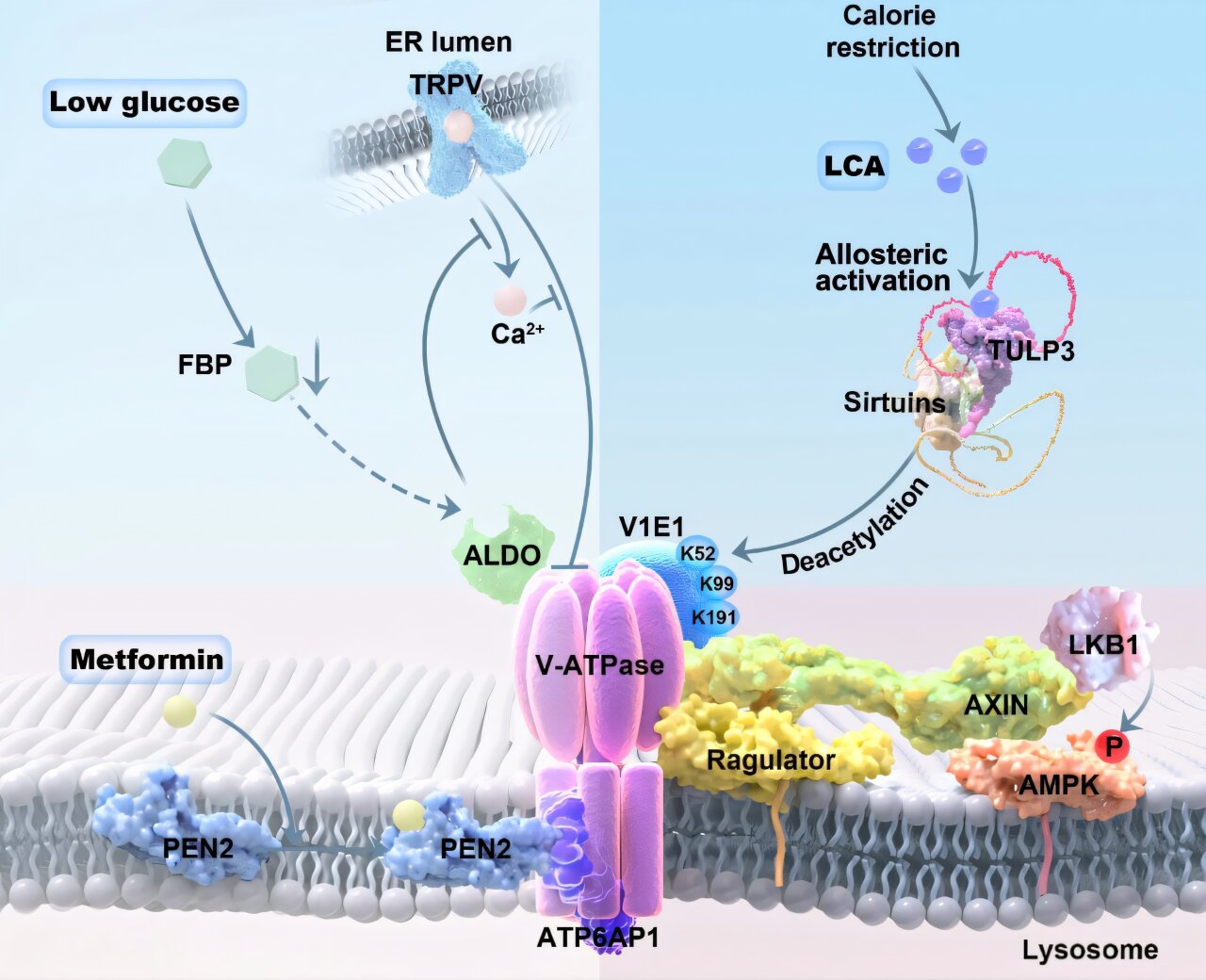Introduction: Progress in Aging Health
70 is the new 60, as recent studies show that older adults in England are experiencing slower age-related declines, with improved physical and mental health compared to previous generations.
A study led by the Robert N. Butler Columbia Aging Center at Columbia University’s Mailman School of Public Health reveals notable improvements in the health and functioning of older adults in England compared to prior generations. Published in Nature Aging, the research moves beyond traditional health metrics, focusing on cognitive, locomotor, psychological, and sensory abilities as measures of intrinsic capacity.
The findings, based on data from the English Longitudinal Study of Aging, demonstrate that older adults today enjoy significantly higher levels of physical and mental functioning. These improvements offer a hopeful perspective on aging and underscore the modifiable nature of intrinsic capacity.
70 Is the New 60: Key Findings: Functionality Over Time
The research highlights substantial gains in intrinsic capacity across generations:
- A 68-year-old born in 1950 displayed similar levels of physical and mental functioning as a 62-year-old born just a decade earlier.
- Similarly, those born in 1940 exhibited better capacities than individuals born in 1930 or 1920.
- The study suggests that comparing someone born in 1950 to an individual born in 1920 would reveal even greater advancements in functionality.
Parallel analyses using data from the China Health and Retirement Longitudinal Study (CHARLS) uncovered comparable trends. However, shorter follow-up periods in the Chinese study limit the ability to draw comprehensive conclusions.
Factors Driving Improvements
John Beard, MBBS, PhD, and the study’s lead author, attributes these advances to several factors:
- Education, Nutrition, and Sanitation: Socioeconomic improvements during the 20th century played a foundational role.
- Medical Innovations: Advances like joint replacements and enhanced treatments for chronic conditions significantly bolstered functioning among older populations.
Although these findings provide encouraging insights into aging, researchers caution that trends observed in England may not universally apply, especially to populations in the United States or across all demographic groups.
Expert Perspectives and Broader Implications
Aging expert Jay Olshansky from the University of Illinois praised the study, calling it a “powerful article” and emphasizing that intrinsic capacity—the abilities most valued as people age—is highly modifiable. He noted that the evidence highlights how medical and societal interventions can enhance intrinsic capacity, offering optimism for the future of aging populations.
Collaborators and Funding
The study was conducted by an international team, including researchers from the UNSW Business School in Sydney, the World Health Organization, University College London, and King’s College London. Funding came from prominent organizations, such as the ARC Centre of Excellence in Population Aging Research, the Economic and Social Research Council, and the National Institute on Aging.
Conclusion: A Positive Shift in Aging Trends
The study underscores a significant shift in aging health, illustrating how societal improvements and medical advancements have enabled older adults in England to achieve better physical, cognitive, and psychological functioning than ever before. While more research is needed to assess the global applicability of these findings, they provide a hopeful outlook for aging populations worldwide.






